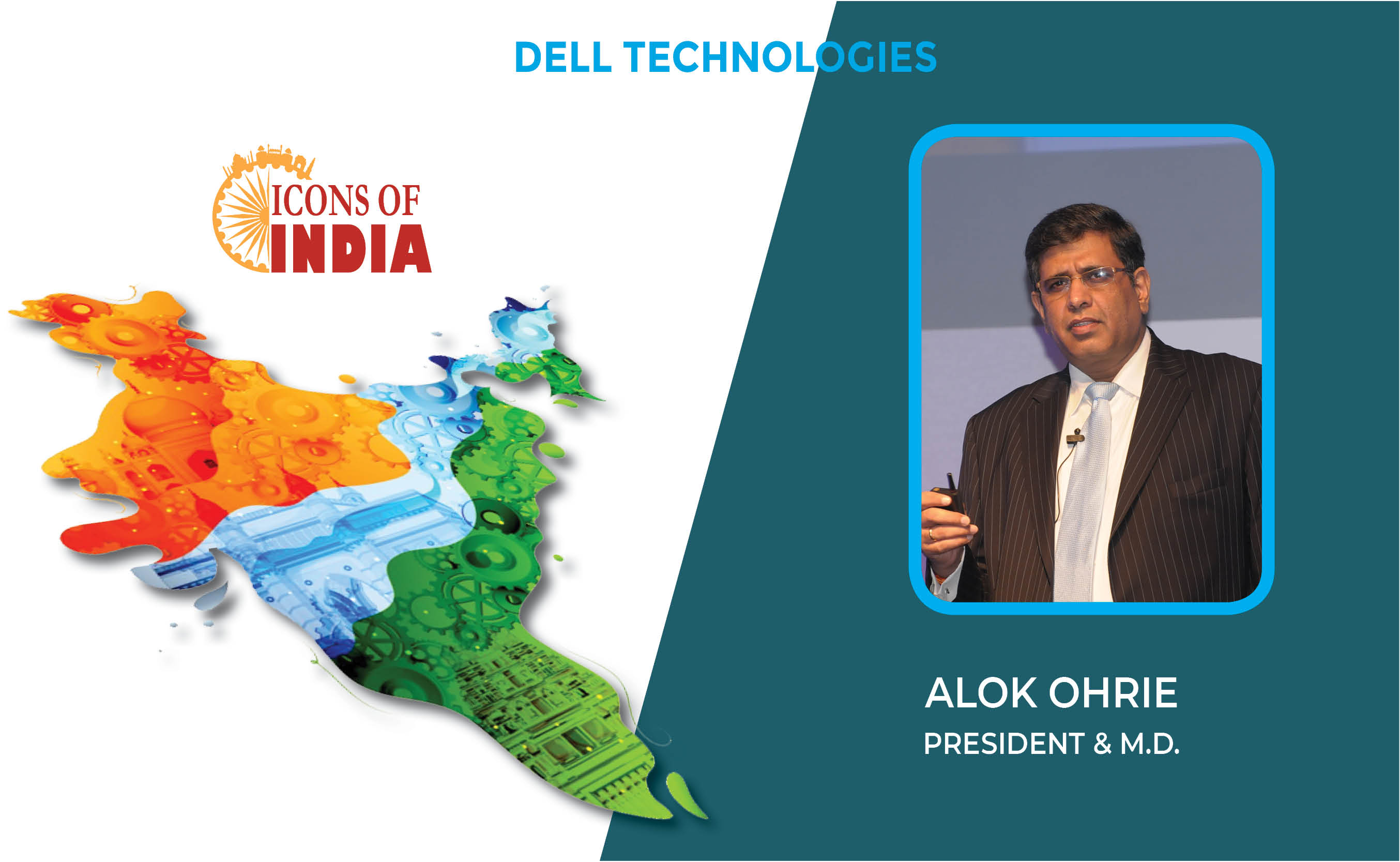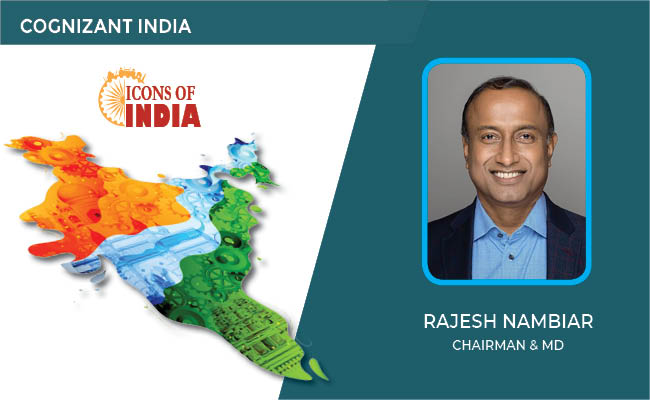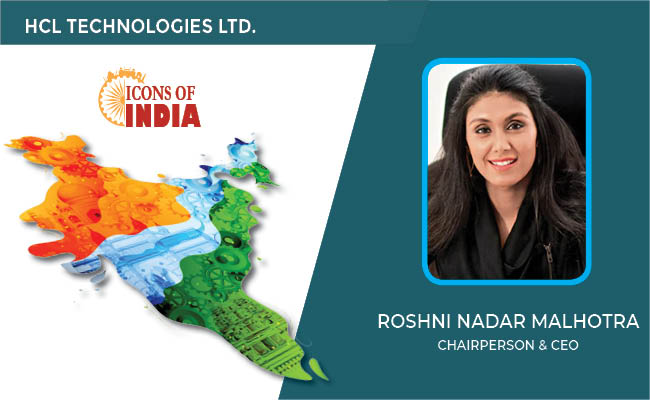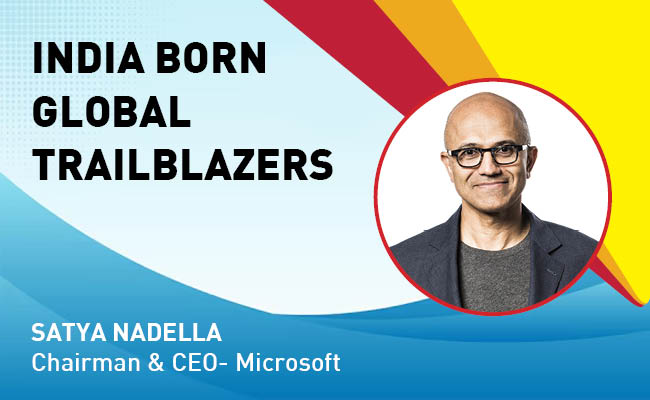Conversational BI Reporting: Leveraging Open Source tools for Data Democratization
By MYBRANDBOOK

Udit Pahwa, Group CIO, Kirloskar Management Services
Business Intelligence (BI) reporting tools are essential for organizations to derive valuable insights from data. However, traditional reporting methods can be complex and time-consuming, requiring technical expertise. To address these challenges, adoption of a Conversational BI reporting tool powered by open source technologies was decided. This presents an opportunity to simplify data exploration, increase accessibility, enhance user engagement, and accelerate decision-making. This initiative’s objective is enabling data democracy and ensuring role-based data access and security; at the same time.
The objectives of the reporting tool include simplifying data exploration, increasing accessibility, enhancing user engagement, and accelerating decision-making. By utilizing open source we are creating intuitive and interactive user interfaces that allow business users to access and analyse data through self-service reporting. It further empowers them to build their own reports also. The conversational aspect enables users to interact with the tool using natural language queries or key words, fostering data democracy and empowering users to find insights. Additionally, role-based access controls ensure that users can only access relevant data and reports, maintaining data security and governance.
The benefits of open source tools in conversational BI reporting are manifold. Node.js, with its event-driven architecture and non-blocking I/O model, enables scalability and efficient handling of concurrent data requests. Its vibrant open source ecosystem provides libraries and frameworks for streamlined development and enhanced functionality. React.js, with its component-based architecture and virtual DOM, facilitates reusability, modular development, and responsive user interfaces. These features improve user engagement and ensure a smooth experience while interacting with the tool.
Columnar databases offer performance advantages by optimizing data retrieval and aggregation. They employ efficient compression techniques, reducing storage requirements and minimizing the storage footprint. This ensures that self-service reporting remains fast and efficient, even when dealing with large volumes of data.
Data security and role-based access are critical considerations in creating a self-service reporting tool. Open source tools, combined with authentication and authorization mechanisms, provide robust security features. Node.js and React.js enable the implementation of role-based access controls, ensuring that users only have access to the data and reports relevant to their roles and permissions. This maintains data governance and safeguards sensitive information.
A Data Lake is also being created that will collect data from the entire enterprise, including ERP, CRM, SCM, Planning and other functional applications, and present a single unified interface for data visualization. It will serve as a single source of truth for the entire enterprise.


Legal Battle Over IT Act Intensifies Amid Musk’s India Plans
The outcome of the legal dispute between X Corp and the Indian government c...

Wipro inks 10-year deal with Phoenix Group's ReAssure UK worth
The agreement, executed through Wipro and its 100% subsidiary,...

Centre announces that DPDP Rules nearing Finalisation by April
The government seeks to refine the rules for robust data protection, ensuri...

Home Ministry cracks down on PoS agents in digital arrest scam
Digital arrest scams are a growing cybercrime where victims are coerced or ...


Icons Of India : ALOK OHRIE
Alok Ohrie leads Dell Technologies’ India business, overseeing Sales...

ICONS OF INDIA : RAJESH NAMBIAR
Rajesh leads the company’s India associates and enhances relationshi...

ICONS OF INDIA : ROSHNI NADAR MALHOTRA
Roshni Nadar Malhotra is the Chairperson of HCLTech, a leading global ...


BSE - Bombay Stock Exchange
The Bombay Stock Exchange (BSE) is one of India’s largest and oldest...

LIC - Life Insurance Corporation of India
LIC is the largest state-owned life insurance company in India...

ITI - ITI Limited
ITI Limited is a leading provider of telecommunications equipment, sol...


Indian Tech Talent Excelling The Tech World - Satya Nadella, Chairman & CEO- Microsoft
Satya Nadella, the Chairman and CEO of Microsoft, recently emphasized ...

Indian Tech Talent Excelling The Tech World - Dheeraj Pandey, CEO, DevRev
Dheeraj Pandey, Co-founder and CEO at DevRev , has a remarkable journe...

Indian Tech Talent Excelling The Tech World - ANJALI SUD, CEO – Tubi
Anjali Sud, the former CEO of Vimeo, now leads Tubi, Fox Corporation�...
 of images belongs to the respective copyright holders
of images belongs to the respective copyright holders